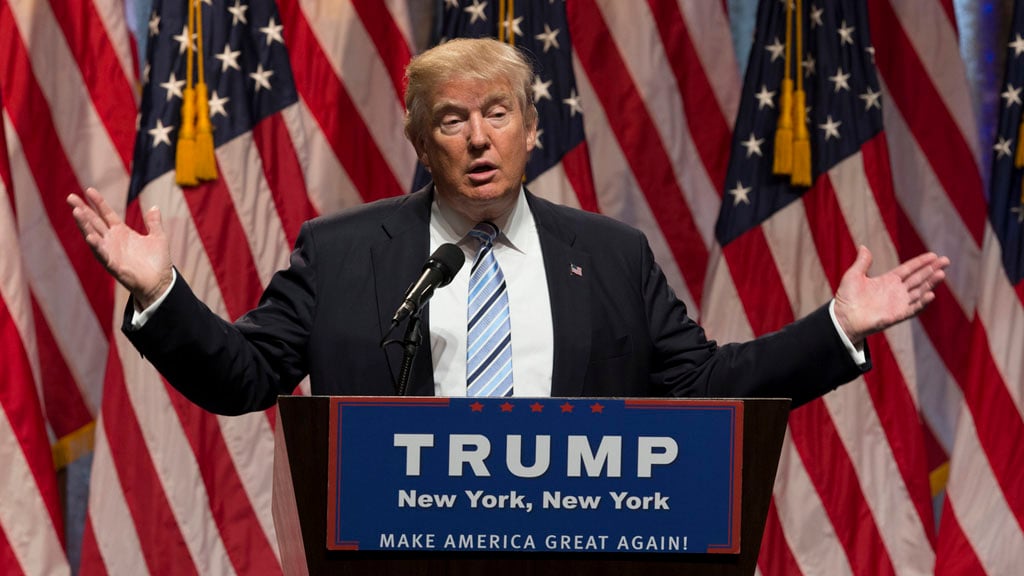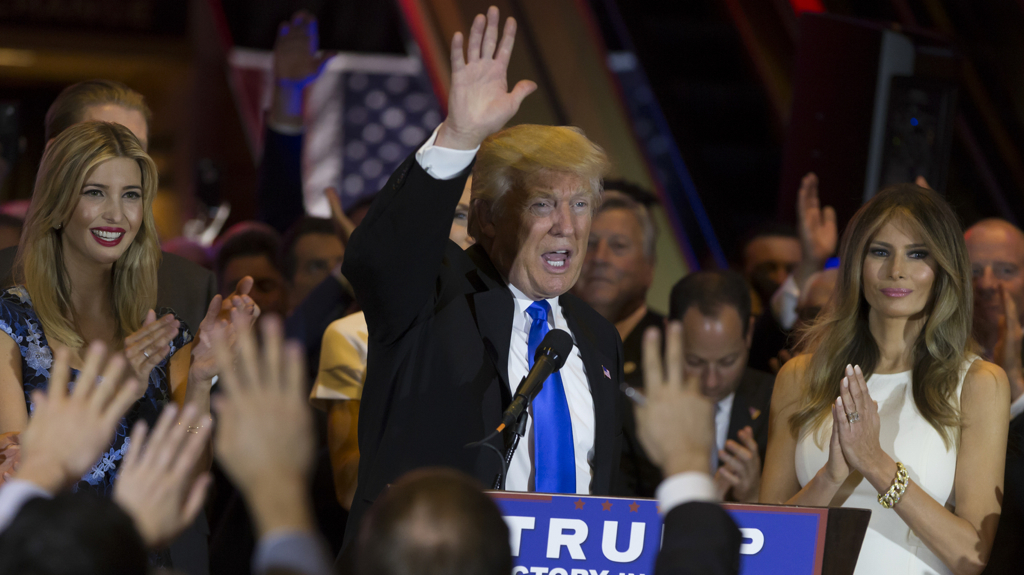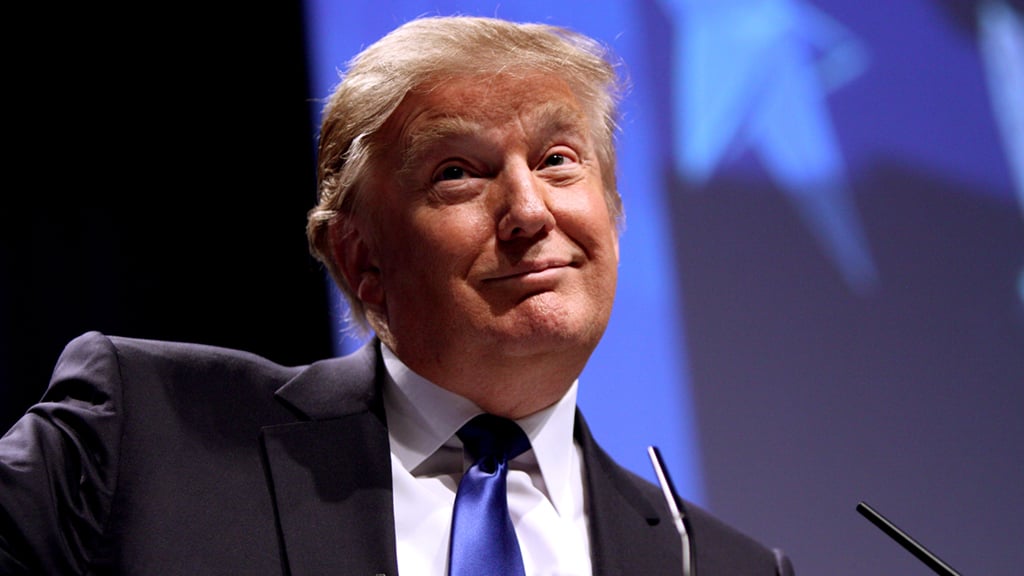In countries with parliaments, the transition from one regime to another is instantaneous: The votes get counted, the winner heads off to meet the queen, and then it’s on to, say, Downing Street, which the loser has already vacated.
Our system is more leisurely. Initially, four months separated Election Day and the presidential inauguration. On the logic that transition-season dithering allowed crises such as secession and the Depression to worsen, the period was shortened by about six weeks. Still, the sense that it’s an unproductive interlude remains, as does the name applied to it: lame duck.
The term has a long history of describing the all-but-defunct, like tired old ships or—at least on the British Stock Exchange—loan defaulters: “Frauds of which a lame duck on the stock exchange would be ashamed,” English politician Thomas Babington Macaulay wrote in 1860. In the US, “lame duck” dates to the same era, as a pejorative description for a washed-up politico.
But perhaps it’s time to rethink the idea. In recent years, the lame-duck period has become one when productivity actually increases. With the election over, officials—even those who haven’t been sent packing—feel freer to make unpopular votes. With increasing congressional gridlock and partisanship, the lame duck has accounted for a larger and larger percentage of legislation passed by Congress. Between 1974 and 2008, according to a Pew study, lame-duck sessions accounted for about 18 percent of laws passed. In the two most recent Congresses, it was 25 and 30 percent.
Earlier this year, conservatives mounted a protest against the period, trying to avoid the final duck-stuffing phase altogether: “If you look at these lame ducks, you know, the American public gets screwed,” Arizona representative Paul Gosar told the Huffington Post.
But the problem might really just be the name. If the politicians were called “agile ducks,” people would at least know what they were in for.



















